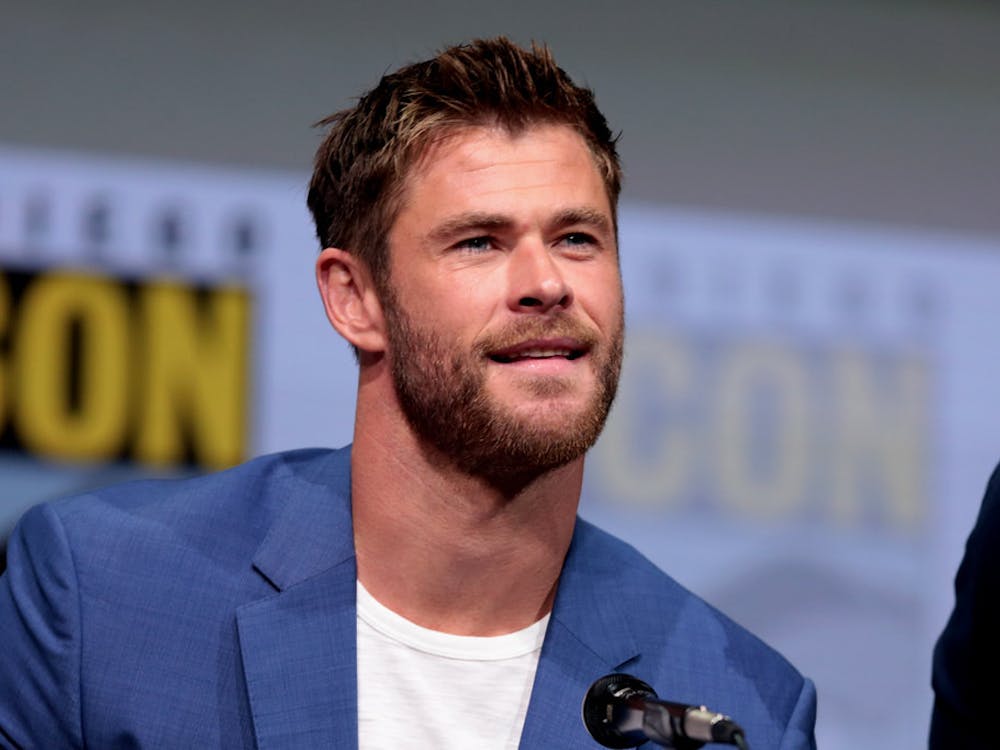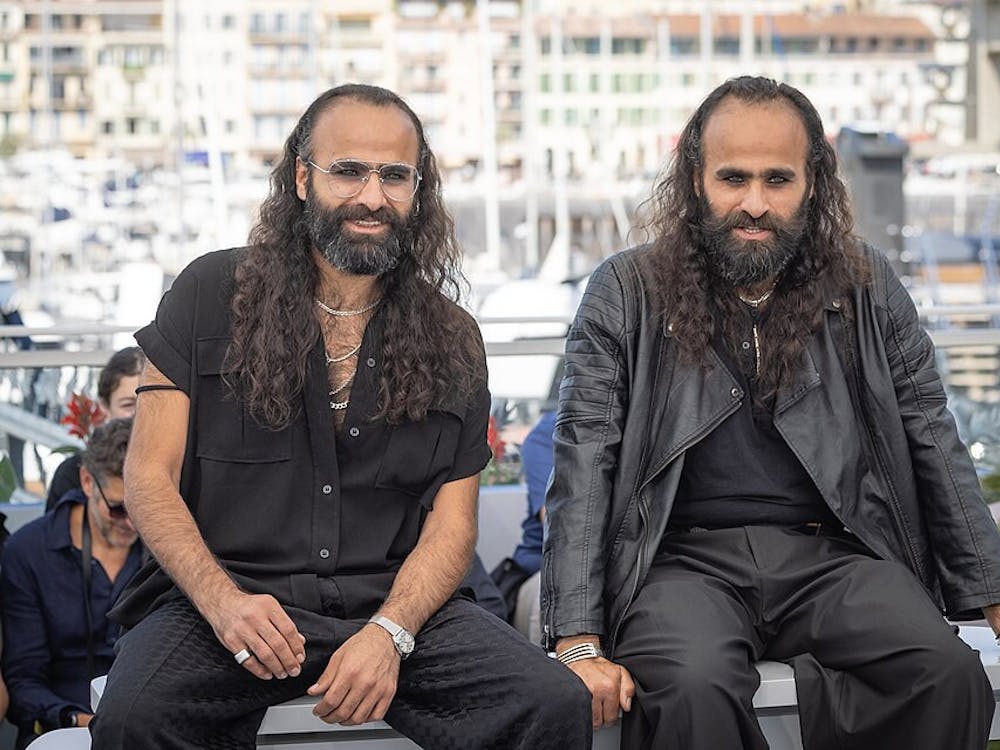Hopkins students, faculty and community members gathered in the upstairs lounge of the LaB for the 2018 Black Heritage Opening Ceremony on Friday, Feb. 2. The event, which included poetry, speeches, food and trivia, was the first in a series of events celebrating Black History Month. It was organized by the Office of Multicultural Affairs as well as the Black Heritage Celebration Committee.
The night began with speeches by Lynnise Norris, the president of the Black Faculty and Staff Association who advertised the group’s second annual Student Oratory Competition, and Kwame Alston, the president of the Black Student Union.
The first performer of the night was Jasmine Mans, an author and poet from Newark, N.J. who has performed at a number of prestigious venues including the Kennedy Center, Broadway’s New Amsterdam Theatre and the Sundance Film Festival. She has also opened for artists such as Mos Def and Janelle Monáe.
Her poems encapsulated a range of issues, both political and personal. Her tone shifted across a range of emotions from gratitude to longing, from anger to hope.
Mans opened her set with a poem titled “Michelle Obama” in which she thanked the former First Lady for being an inspirational figure in the lives of young black girls like her cousin.
“This poem is a thank you for being a brown girl’s dream come true,” she said.
Her next poem, an homage to Whitney Houston, pointed to the various accomplishments in the artist’s career. She mentioned Houston’s groundbreaking role in Cinderella and her famous song “I Wanna Dance with Somebody.”
The next poem of her set was prefaced with Mans declaring that there were not many narratives for queer black girls like her.
What followed was a moving love poem in which she reminisced about a former lover and the profound promises they made one another.
“You found me somewhere reading poetry,” she said.
Mans declared her love.
“Like my weed is your weed,” she said.
She swore her loyalty.
“I will always hide like I want you to come find me,” she said.
These lines transitioned into one of her most popular poems, “Dear Ex-Lover,” perhaps a letter to the same woman from the prior stanzas. Mans swears she will stop thinking of this lover and stop bringing her up in conversation, while still fantasizing of one day telling her daughter about their love.
The following poem was a series of repetitive phrases starting with the words “I know.” Mans revealed a list of truths about her life and the world as a whole. She spoke about her experiences being the target of violence as a black gay woman, the kindness of the Muslim shop owners in her hometown and the inspiration behind her work.
“I know that I write about black boys because my brother doesn’t talk to me,” she said.
As she relayed this list, her voice shifted in tone from pain to acceptance to exasperation.
In her next poem titled “Footnotes for Kanye,” Mans speaks directly to Kanye West, criticizing his choice to marry a white woman (Kim Kardashian) and his willingness to allow the white public to “claim” him.
“When Kim f**** up the lyrics of the College Dropout / Like them White folks used to f*** up your name / Do you pretend not to notice?”
She also points to his obsession with fashion and lack of political action outside of his own concerts.
“Jesus never needed Adidas to walk.”
This poem, with its quick phrasing and popular references, sparked a particularly expressive reaction from audience members, who called out affirmations and clapped after each stanza.
Mans’ final poem, “Birmingham,” was a devastating piece from the point of view of one of the young black girls who was murdered in the 16th Street Baptist Church in 1963 by members of the Ku Klux Klan.
Throughout all of her poems, Mans used her hands and facial features to project the deep, complex emotions expressed in her words.
Though she remained in one spot on the stage, her eyes peered out across the circular space, engaging all audience members as she spoke.
The following artist, Harold Green, brought his own experiences and world view to his poetry set. Green, a Chicago native, has performed on a number of high profile occasions and was selected to be the Inaugural Poet at Rahm Emanuel’s 2015 Mayoral Inauguration.
He began his set with an exercise he called “Layup Line.” He requested that members of the audience provide him with five random words with which he crafted an original poem.
From the words “serendipity,” “foolish,” “institutionalized,” “kerfuffle” and “camouflage,” Green created a short yet dense commentary on life and love.
Many of his next poems centered around political action, the meaning of optimism and the role of a leader.
Before his poem on leadership and martyrdom, Green explained his views on Martin Luther King Jr. and his role as a leader of the black civil rights movement. He then launched into a rousing, rhythmic declaration of his own desire to have a deep impact.
He repeated a similar stanza throughout the poem. With each repetition, his voice grew louder and more urgent.
“If this is the hill I die on, why can’t it be a mountaintop (...) If this is the hill I die on, I swear to God it better be a mountaintop,” he recited.
At this final declaration the audience erupted into a boom of cheers and claps.
Green, born on “Valentine’s Day Eve,” also spoke about his passion for the topics of love and respect, specifically among black men and women. He performed a series of sweet, passionate love poems centered around an all-consuming love for a woman.
Green chose to forego the use of the microphone to allow himself greater freedom to move around the stage. With his strong stage presence and obvious charm, he turned and stomped and used his hands to emphasize the significant moments of his set.
When members of the audience remained silent during certain lines, he encouraged them — in a joking manner — to cheer.
The Office of Multicultural Affairs and the Black Heritage Celebration Committee will be sponsoring events throughout February.
Upcoming events for this year’s Black Heritage Celebration include the MLK Day of Service on Feb. 10, a visit to the Reginald F. Lewis Museum in Washington, D.C. on Feb. 11 and a private screening of the highly anticpated new Marvel superhero film Black Panther on Feb. 17.




